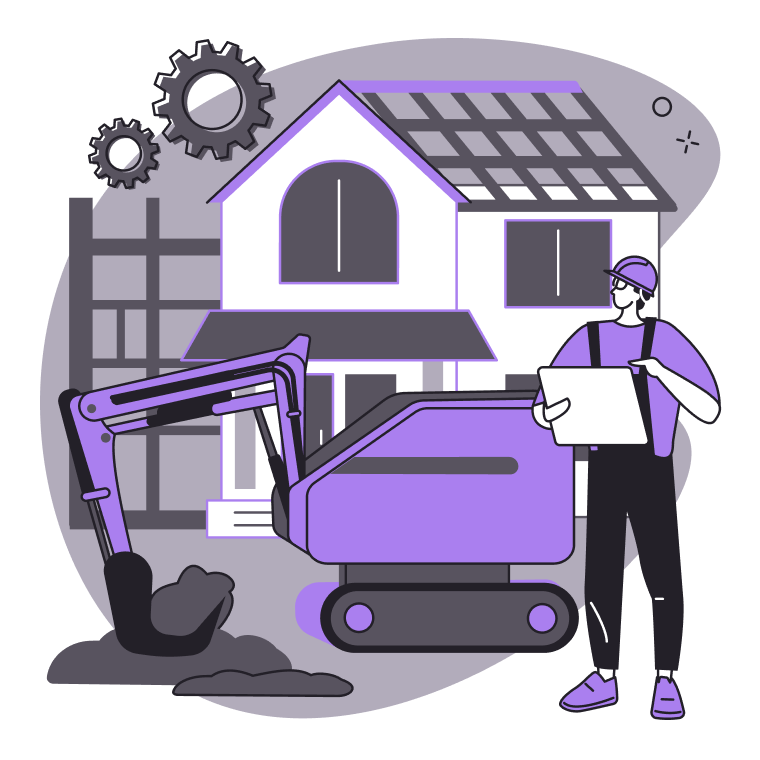While many companies have found AI to be instrumental in reducing both workplace risks and overall costs, consumers are also discovering the positive impact of this growing technology.
You’ll find AI’s fingerprints on industries as varied as criminal justice, education, and finance. Some applications of AI are exciting, even offering hope of greater access and equity to historically underserved populations; others are concerning, raising ethical questions and sparking debates about promise versus pitfalls. Browse the guides below to learn about the growing role of AI in various major industries.
 Artificial Intelligence in Criminal Justice
Artificial Intelligence in Criminal Justice
The criminal justice system currently uses AI in meaningful ways, including through conversational chatbots. These tools help streamline processes ranging from recruitment and retainment of police officers to communication within the court system.
There has been some debate, however, about the continued development of AI technology in this field, particularly as it relates to criminal profiling and automated decision-making systems. Nevertheless, AI holds significant promise in criminal justice and its ability to improve access and equity within that system.
 Artificial Intelligence in Education
Artificial Intelligence in Education
In education, artificial intelligence promises to shift the way schools and classrooms are run. With educational companies such as Cognii, designing assessment software that intuitively adjusts to meet a student’s skill level, AI is being further developed to deliver a personalized educational experience to every child.
Researchers at Carnegie Mellon have experimented with AI-powered Intelligent Tutoring Systems, computer-based educational programs that can provide one-on-one instruction without a teacher present. Their systems have become powerful enough to write their own rules, allowing teachers to build a 30-minute classroom lesson in as little as 30 minutes of prep work.
 Artificial Intelligence in Finance
Artificial Intelligence in Finance
AI is playing a critical role in fintech, and its influence is projected to grow dramatically in the next decade. Recent studies estimate AI’s market value to be nearly $9.45B in 2021, with an expected growth of 16.5% by 2030. One particular area of interest is credit and lending, with AI-powered underwriting tools that allow lenders to approve more borrowers while minimizing risk.
Companies like Zest AI are leading the way, helping lenders work with clients who have little or no credit history by analyzing thousands of nontraditional data points and providing a clearer picture of creditworthiness.
 Artificial Intelligence in Healthcare
Artificial Intelligence in Healthcare
The healthcare industry has leveraged artificial intelligence to perform many different tasks, from virtual nursing assistants to medical chatbots, streamlining healthcare while improving patient outcomes. Research and development spending for AI in healthcare has exploded in recent years and is projected to increase by $1.5B by 2025.
Perhaps one of the most groundbreaking uses of AI is performing surgeries. Innovative companies like Microsure have created successful technology to enhance surgical procedures. In 2017 Maastricht University completed the first successful microsurgery with “robot hands.”
 Artificial Intelligence in Manufacturing
Artificial Intelligence in Manufacturing
Artificial intelligence dramatically helps improve efficiency in manufacturing, allowing major corporations to reduce costs while building a sleek and safe work environment. One significant innovation is Cobots, collaborative robots that work in warehouses, automotive factories, and other large-scale operations. These AI-powered tools work alongside human operators, taking on redundant, physically demanding tasks, allowing employees to focus on more high-level projects.
As these AI solutions continue to be deployed in manufacturing, companies will be able to better serve their customers with safety, efficiency, and precision.

